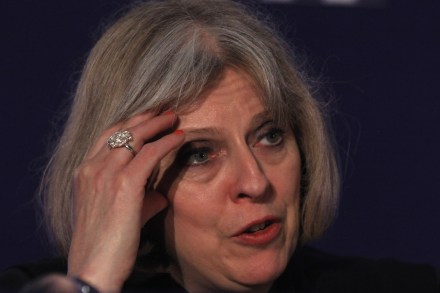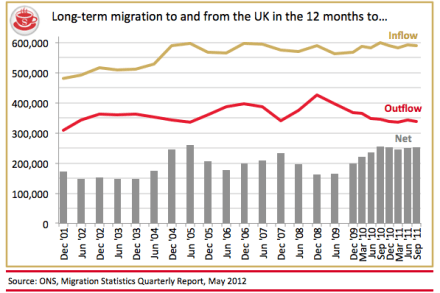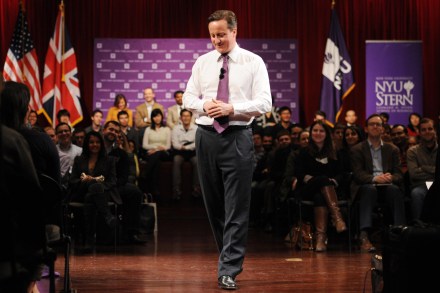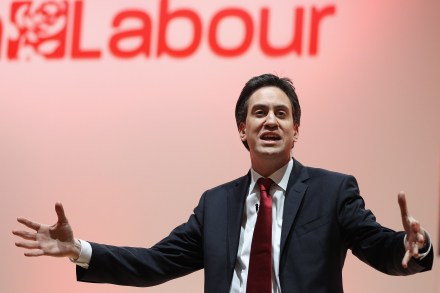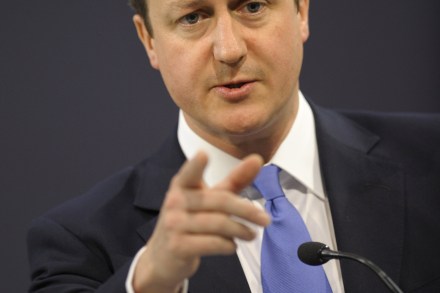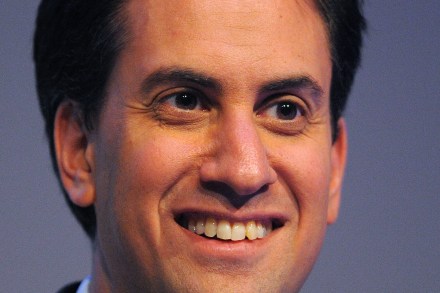Ed Miliband embraces Englishness, but still has to grasp the nettle on immigration
I hope that CoffeeHousers, regardless of political affiliation, will welcome a speech by a Labour leader that is explicitly patriotic, about England as well as the United Kingdom. As Ed Miliband said today, Labour has too often seemed either uninterested in Englishness or embarrassed by it, when there is nothing in its history and values that justifies this. Miliband was also right to emphasise the legitimacy and strength of ‘multiple identities’ — whether English and British, Scottish and British, Indian and British, or British and Muslim. And he was right to urge the English to ‘embrace a positive, outward looking version’ of national identity. Ideas of national identity that are



